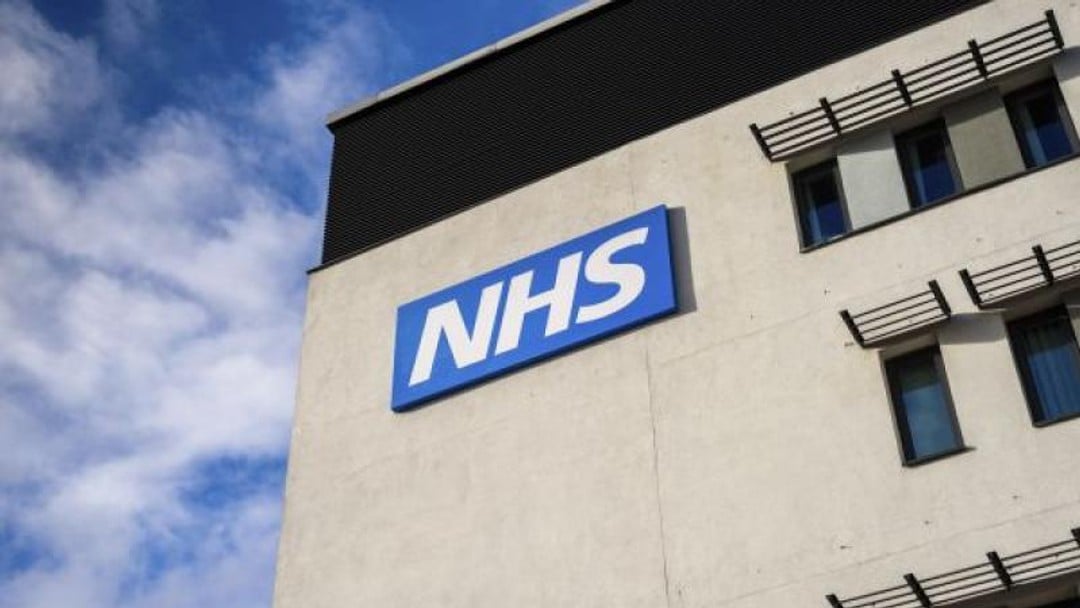High Court tells NHS it can fund 'game changing' HIV drug

HIV campaigners fear appeal will delay introduction of new treatment
A 'game changing' preventative drug aimed at reducing the high risk of contracting HIV in gay males can be funded by the NHS, the High Court has ruled.
NHS England had stood firm on not commissioning pre-exposure prophylaxis (PrEP) claiming it had 'no legal power' to do so and that the responsibility of preventative health lay with the local authorities - a position challenged by the National Aids Trust (NAT).
In his judgment, however, Mr Justice Green said NHS England had 'erred' in the dereliction of its power or duty to commission PrEP. The NHS has chosen to appeal the decision.
Deborah Gold, NAT chief executive, welcomed the ruling: 'This is fantastic news. It is vindication for the many people who were let down when NHS England absolved itself of responsibility for PrEP.
'PrEP works. It saves money and it will make an enormous difference to the lives of men and women across the country who are at risk of acquiring HIV. The delay to commissioning PrEP is both unethical and expensive.'
The drug is used to reduce the risk of transmission of HIV in individuals at high risk of contracting the disease. It stops HIV replicating and allows the body's immune system to clear the infected cells while preventing dissemination into an established infection.
Studies have shown the drug prevented 86 per cent of HIV infections. However, there is no guarantee the drug will now receive funding.
The NAT claims the introduction of the drug would 'dramatically reduce' the daily cost of £2.88m accrued by the NHS as a result of new HIV cases.
NHS England had claimed it has 'no legal power' to commission PrEP under the National Health Service Act 2006.
In March, the body said local authorities were responsible for HIV prevention services and that it could be subject to a legal challenge from proponents of other drugs were PrEP to receive funding following a consultation process.
Confirming its decision to appeal, an NHS spokesman said: 'Queen's Counsel has advised NHS England that it should seek to appeal against the conclusions reached by the judge as to the scope of NHS England's legal powers under the National Health Service Act 2006.
'In parallel with that we will set the ball rolling on consulting on PrEP so as to enable it to be assessed as part of the prioritisation round.'
Gold said the NHS' decision was 'enormously disappointing' as it will 'further delay clarity in this area' as any potential commissioning of PrEP will be contingent on the outcome of the appeal.
Commenting on the decision, Vikram Sachdeva QC, a public law barrister at 39 Essex Chambers said: 'This ruling is no more than the public would expect, for it avoids the prospect of those with HIV unfortunate enough to be at risk of developing AIDS from falling between two stools and not receiving the necessary treatment due to a disagreement between public authorities.
'NHS England now has to decide whether to commission the anti-retroviral drug, PrEP, which shows great promise in treating those at high risk of contracting AIDS.'

